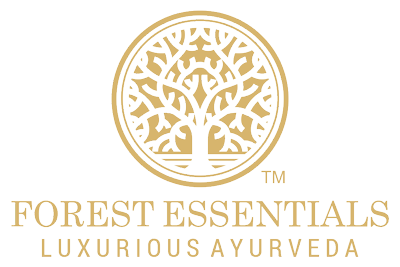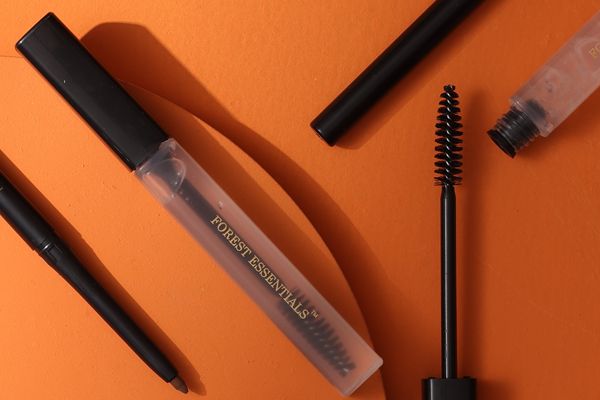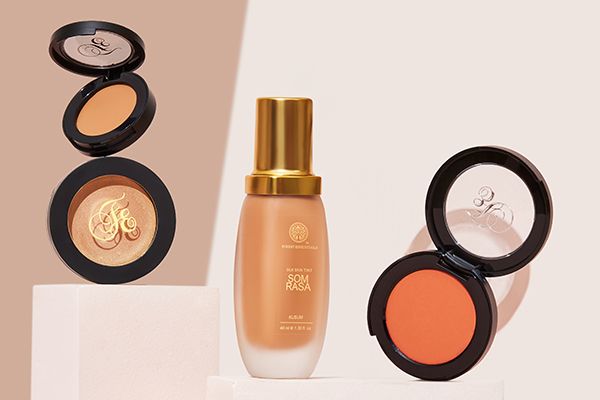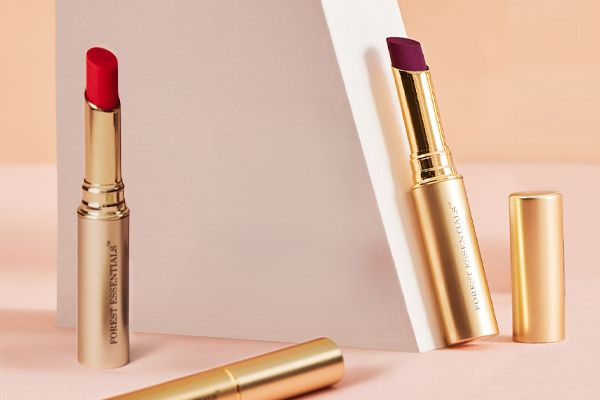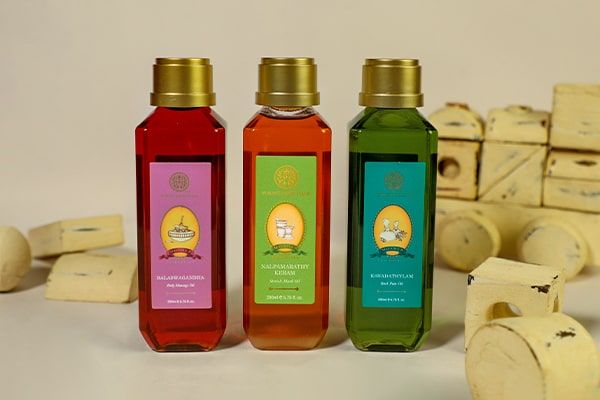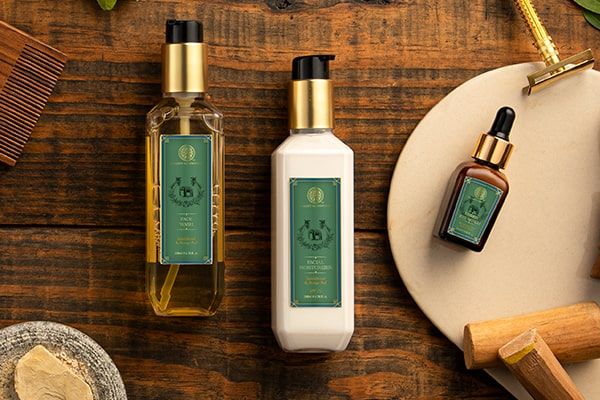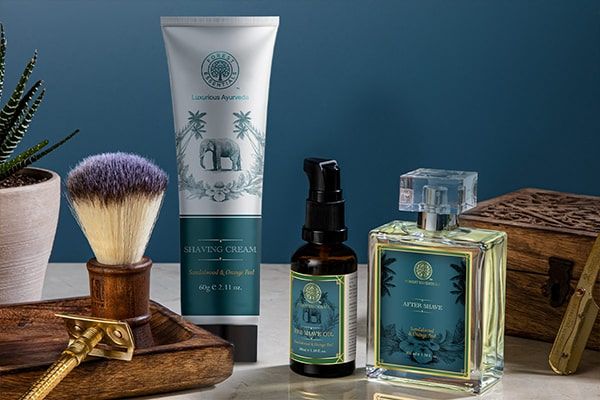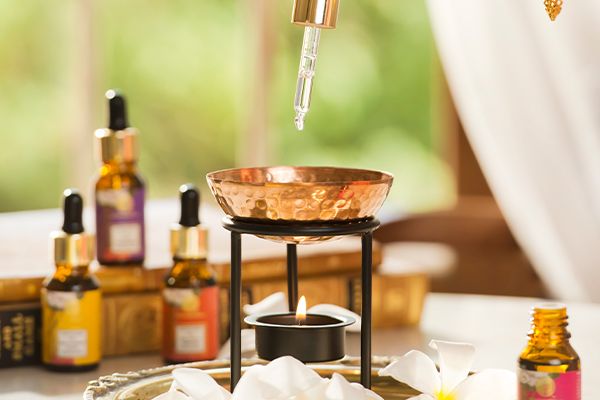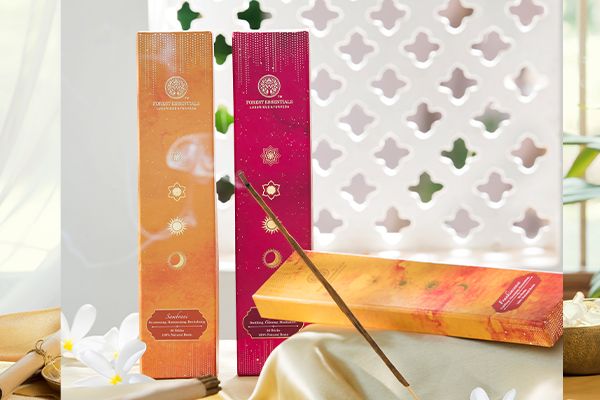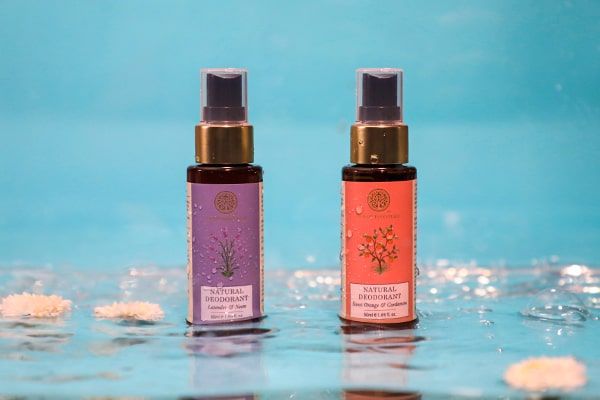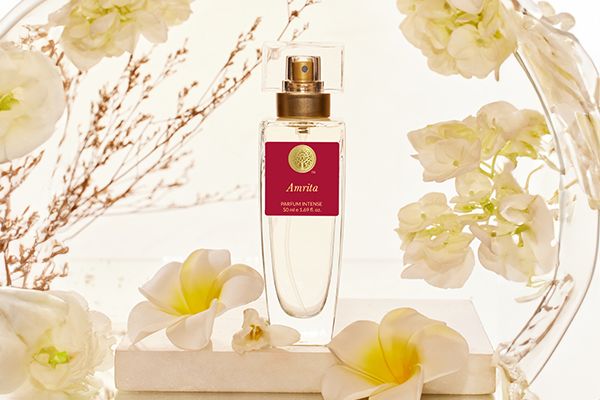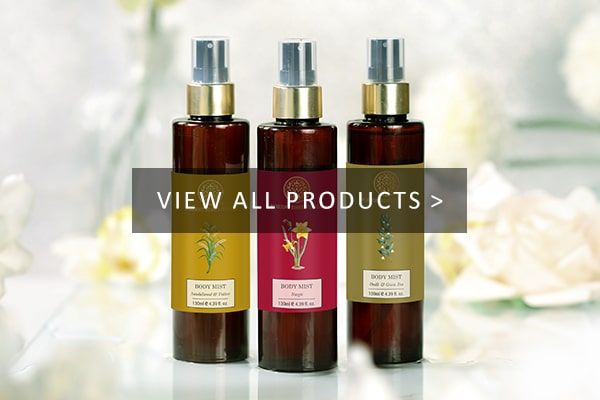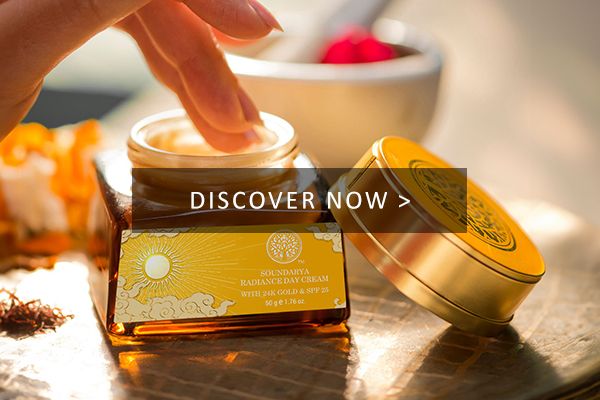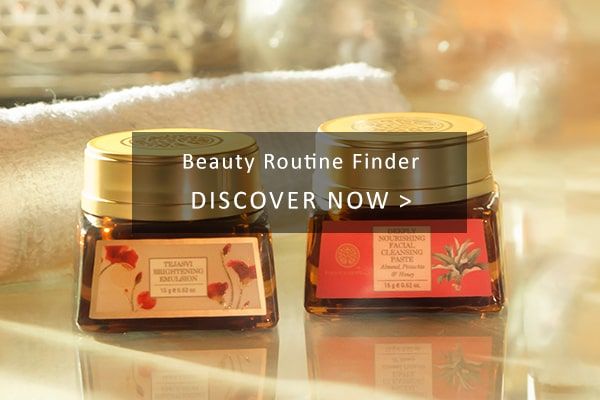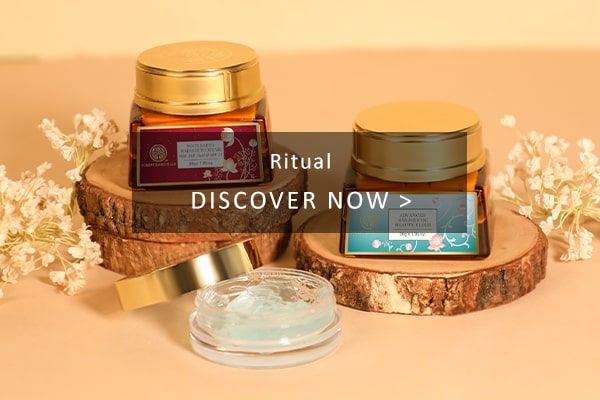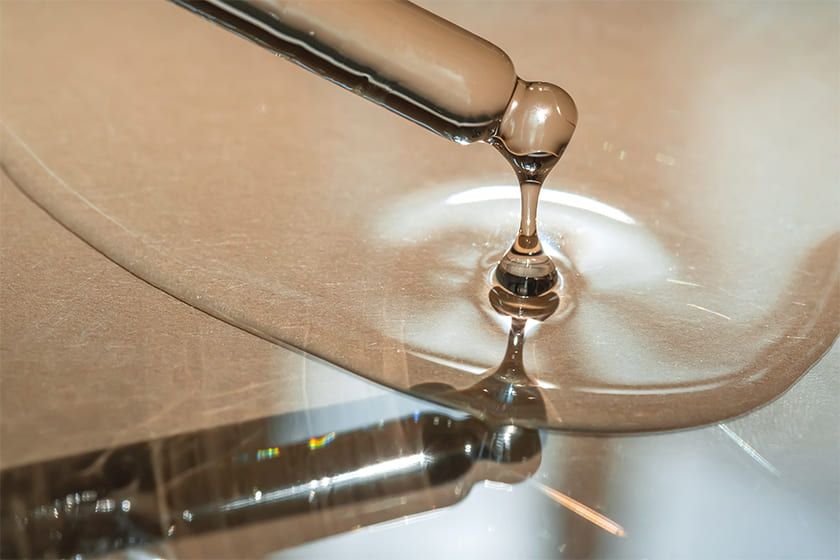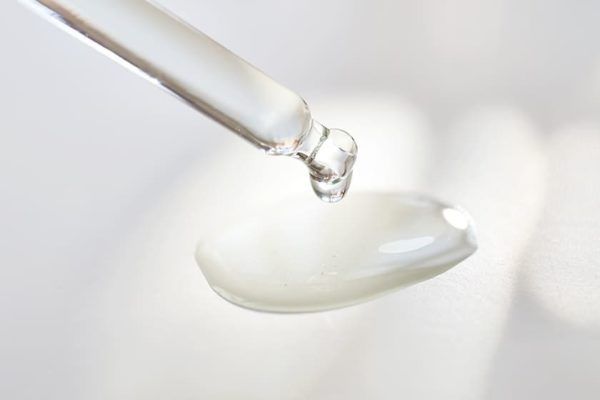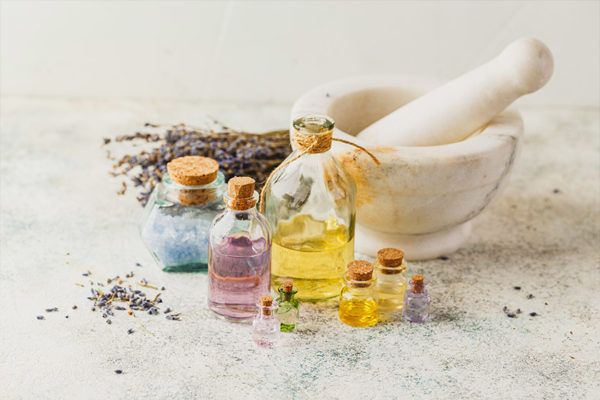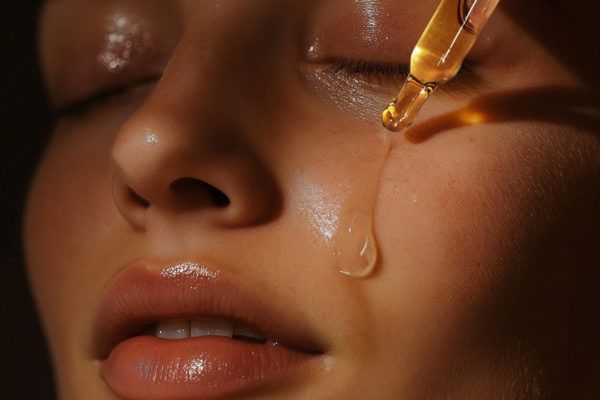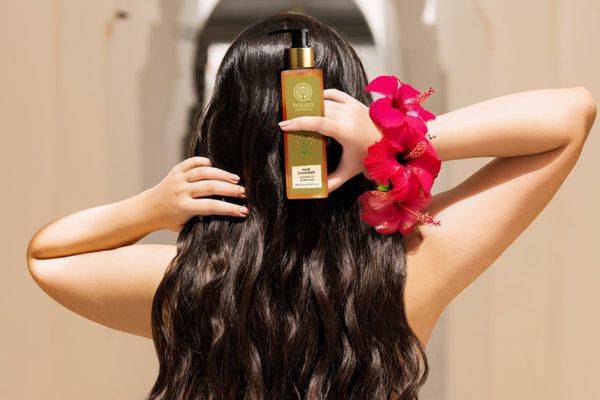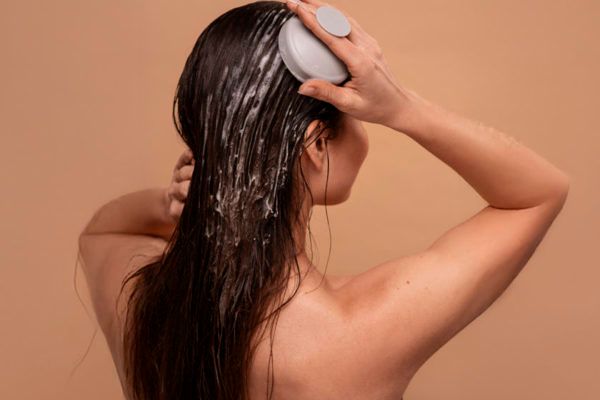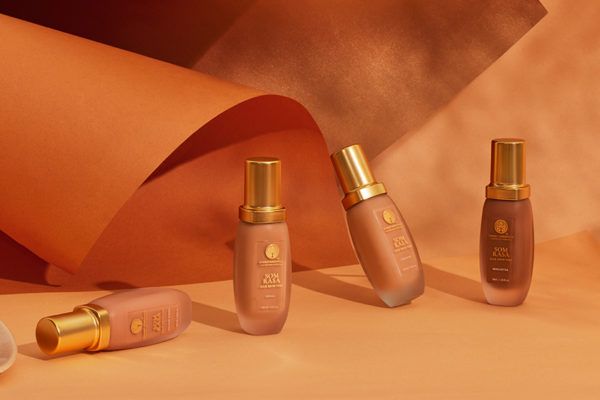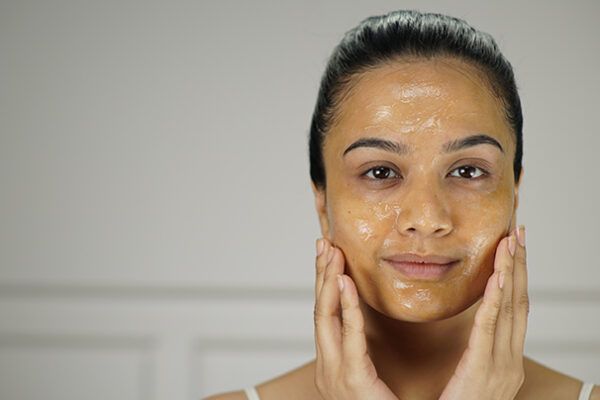Hyaluronic Acid is synonymous to hydrated, plump and glowing skin. It’s easy to find this skin-loving ingredient whipped up in topical treatments like face serums, toners, masks, and creams, being touted as a staple in one’s skincare regimen. This moisture-preserving humectant is already present in our skin and is particularly responsible for retaining the water-binding molecules. Due to the ageing process, the skin’s surface tends to lose these hydrators, leading to dry and dull appearance. Hyaluronic Acid for skin ensures revival of a naturally plump and dewy effect. This hero ingredient is loved by skincare enthusiasts and experts for many reasons. Consistent application of Hyaluronic Acid helps in restoring moisture, blurs the visibility of wrinkles and fine lines, and enhances the skin’s barrier.
While the beauty aisles are racked with products featuring Hyaluronic Acid (HA) and the digital beauty space cannot get enough of the buzz, there are some myths and misconceptions tagging along. The perils of being popular is that there are always some fallacies that raise eyebrows. There exists enough information about the molecular Hyaluronic Acid present in our dermis—specifically, the fact that it can hold up to 1000 times its weight in water. What perplexes the skincare junkies is whether topical Hyaluronic Acid for skin is as effective. How is over-the-counter hyaluronic acid made in the labs? If it’s an acid, is it unsuitable for sensitive skin types? If you want answers to these and more questions, you’ve come to the right place.
The abundance of Hyaluronic Acid benefits for face and body care makes it a worthy investment for your self-care rituals. That’s why we have addressed the most recurrent and common myths associated with the ingredient, demystifying them with facts. In this comprehensive guide, we will help you resolve the confusion around topical Hyaluronic Acid and find out if it deserves a spot in your cart.
Reality Check: How Effective is Topical Hyaluronic Acid for Skin?
First things first, let’s clarify that the lab-created skincare ingredient is not the same as the natural substance present in our skin. The body’s constituent is significantly heavier than the molecular weight of fabricated ingredients. This affects their permeation as well as water-binding capacity. However, Hyaluronic Acid for skin is hailed by experts and dermatologists for its proven results. Using Hyaluronic Acid moisturisers, serums, etc., makes a strong case for a crucial substitute to replenish your skin’s hydration levels.
How Is Hyaluronic Acid Made?
The Hyaluronic Acid employed for commercial use is either extracted from animal tissues or more commonly through the process of bacterial fermentation. If you are curious about whether the HA you are using is ethically sourced or not, check whether the products you use are vegan and cruelty-free.
Is Hyaluronic Acid Suitable for Sensitive Skin?
We can affirm through studies that applying Hyaluronic Acid for skin causes no stinging, irritation or itchiness. Moreover, it is known to soothe and calm dry, flaky, and irritated skin, owing to the intense moisturisation it lends to the skin. For those with allergies, it is best to seek advice from a dermatologist or do a patch test.
Can Hyaluronic Acid Dry Out the Skin?
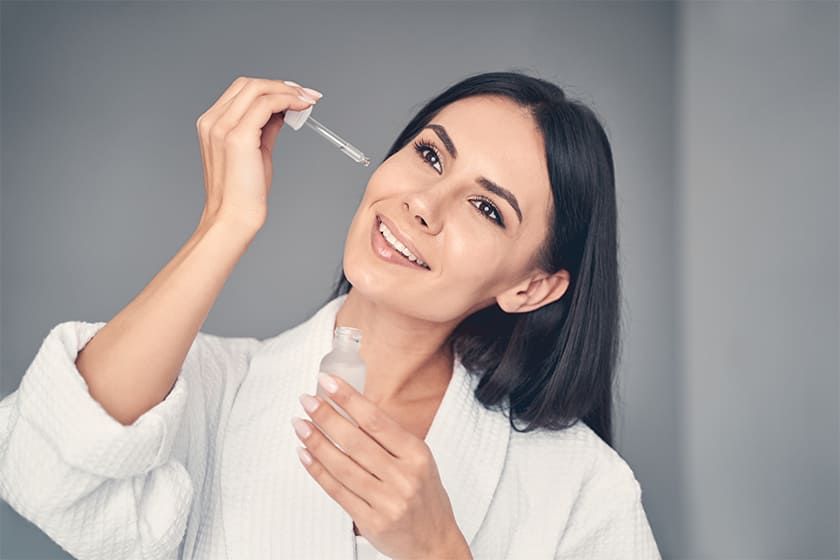
Sounds ironic, right? This myth has stirred the conversation among skincare connoisseurs and rightly so. Fortunately, there are studies that show how as a humectant, Hyaluronic Acid attracts water from the atmosphere, keeping the skin moisturised, even a tad bit sticky. HA is a filler at core and works hard to fill the fine lines and wrinkles, making the skin appear supple. The potential dryness is attributed to applying potent serums on dry skin. Therefore, there is an emphasis on using Hyaluronic Acid on damp skin.
Is Hyaluronic Acid an Exfoliator?
We get it, the term ‘acid’ has caused all the commotion. Even though HA is a skincare multitasker, exfoliating the skin does not make it to the list. It’s termed as an ‘acid’ due to its natural pH level, which is below seven. So, if you wish to add an exfoliator in your weekly rotation, you can try out a natural, Ayurvedic product such as Forest Essentials’ Nourishing Facial Scrub.
Is Hyaluronic Acid Skin Type-Specific?
Unlike dozens of skincare acids, Hyaluronic Acid is not limited to certain skin types. HA can swiftly slide into everyone’s beauty shelf with promising results. Research has shown that people with oily skin types show a decrease in sebum production when treated with HA, suggesting that the ingredient in fact is quite helpful for sebaceous skin types. All skin types can cherish the hydration splurge and glowing finish, delivered by products with Hyaluronic Acid for skin.
Is Hyaluronic Acid Not Meant for Skincare Layering?
From bouts of toner spritzes to anti-ageing and targeted skin treatments, Hyaluronic Acid can be paired with any assortment of product lineups, like face moisturisers and face creams. The key is to strike the right balance and refrain from overdoing your layers by combining potent serums or heavy exfoliators. Here are a few products that you can pair Hyaluronic Acid with for best results.
Advanced Sanjeevani Beauty Elixir
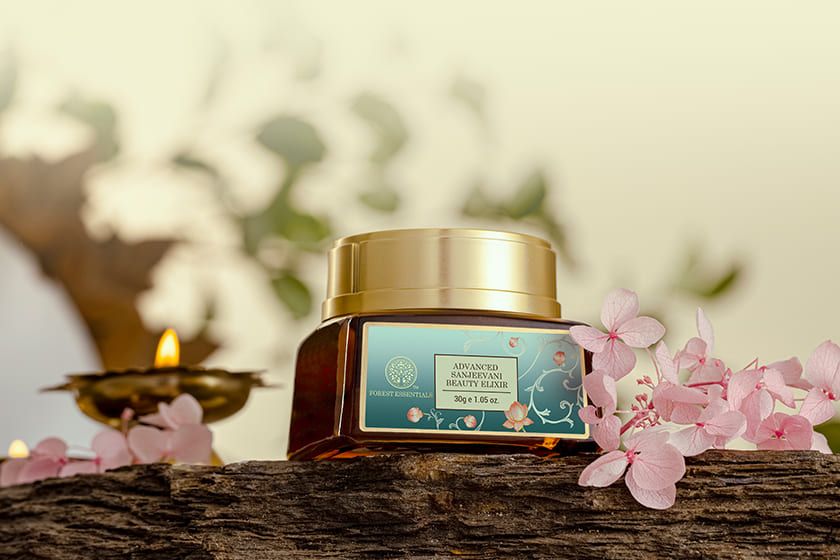
Pair the Hyaluronic Acid goodness with the Advanced Sanjeevani Beauty Elixir. This gel-based pre-moisturiser, which also acts as a primer, is enriched with Ayurvedic herbs like Sanjeevani. Not only does it smooth the skin, but it also leaves it feeling youthful. As the formula effortlessly penetrates the skin, you can layer your makeup or skincare without feeling sticky or occlusive.
Transformative Soundarya Night Cream With 24K Gold
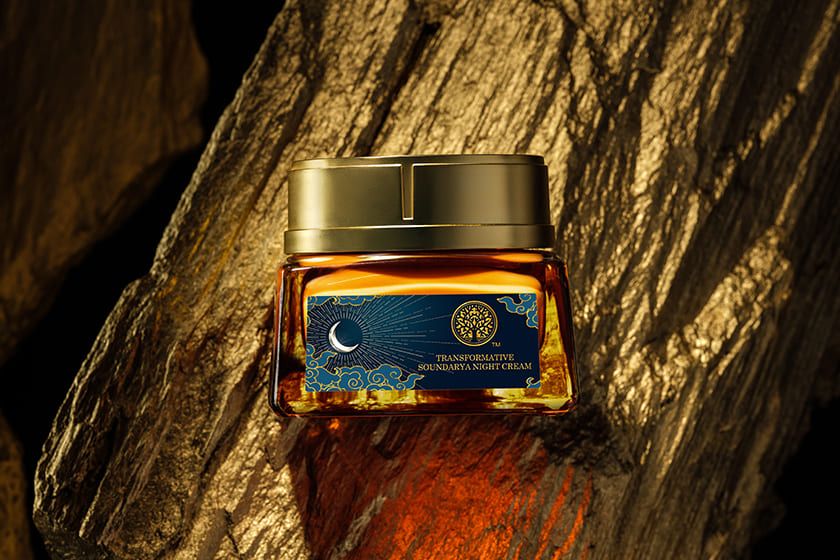
If you are on your way to downsize the skincare cabinet and treat your skin with a one-stop recipe, look no further than the Soundarya Night Cream by Forest Essentials. The transformative cream is whipped up with a rich serum that works overnight to boost the hydration levels in your skin. From Bakuchiol to Hyaluronic Acid and 24K Gold, this blend is all about intense moisturisation and skin repairing treatment.
Hyaluronic Acid for Skin: Forest Essentials’ Top Picks
The abundance of Hyaluronic Acid benefits for face and body makes it a great addition to your skincare regimen. From protective sunscreens to deeply nourishing night creams, we have got you covered with Forest Essentials’ range of products containing Hyaluronic Acid for skin.
Deep Hydration: Activated
Rasa Activating Serum
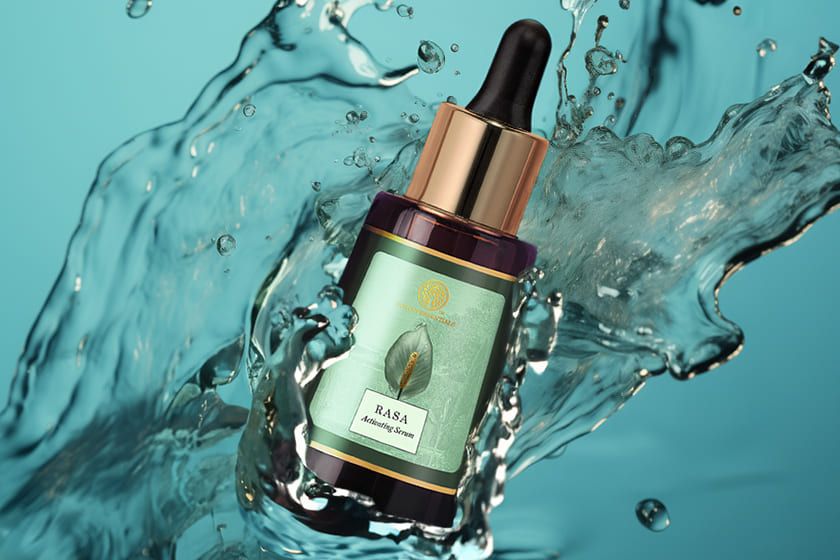
After cleansing (or double cleansing!) your face, charge your skin with the hydrating combination of Hyaluronic Acid and active botanicals delivered by the Ayurvedic recipe of Rasa Activating Serum. For healthy and dewy skin all day, incorporate a few drops of this serum in your AM skincare routine. Warm the serum into your palms and allow the lightweight formula to sink in with gentle dabs.
Tone It Up
Tejal Balancing Water
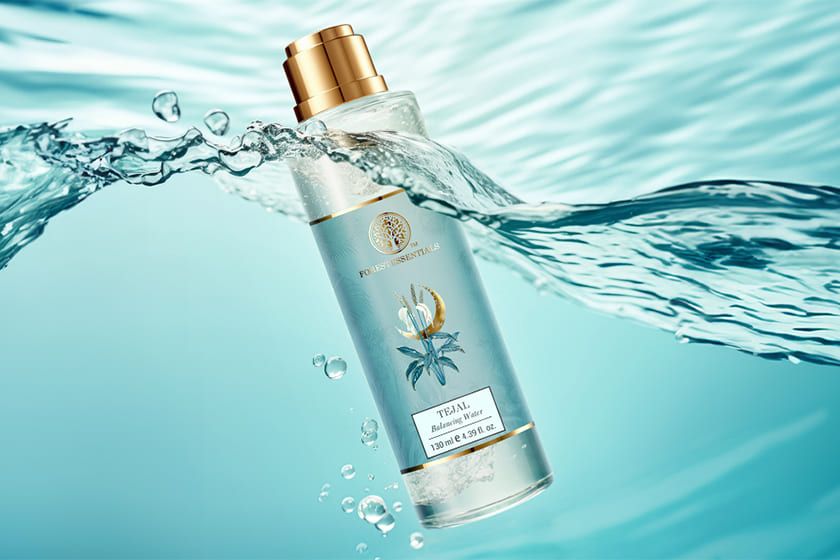
To delve your skin into the ultimate hydration plunge, top the Rasa Activating Serum with Forest Essentials’ Tejal Balancing Water, which is essentially a toner. As far as the ingredients go, the toner combines Gotu Kola and Hyaluronic Acid. This promising duo of natural humectants is meant to assist the absorption process of your skincare. The best part of the formula is its velvety consistency, which makes the skin feel and look plump and nourished.
SPF On-the-Go
Sun Fluid SPF 50 PA + +
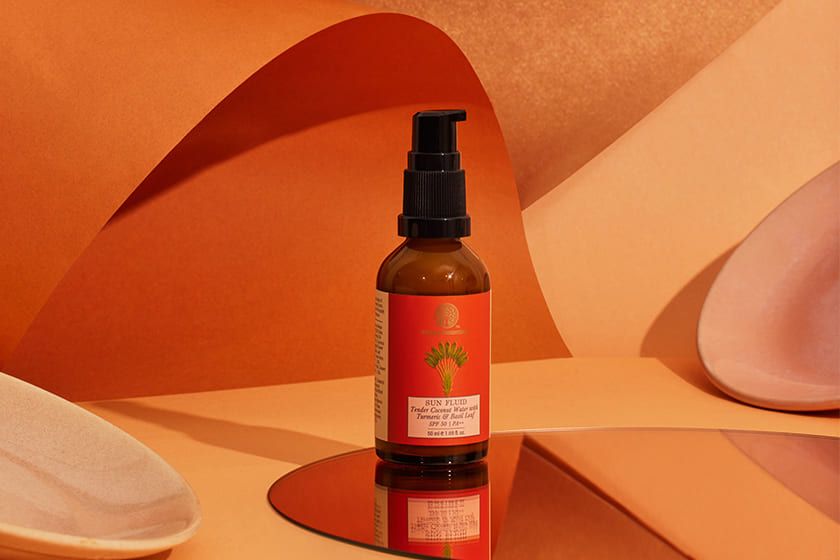
Complex or not, a skincare routine is incomplete without the protective layer of sun protection. Forest Essentials’ Sun Fluid is crafted with hydrating and nourishing agents like Tender Coconut Water, Basil leaves, Hyaluronic Acid, Ayurvedic Yashada Bhasma and others. This lightweight fluid with SPF 50 is a must-have. Its compact size makes it ideal to pop in the bag for re-application throughout the day. Slather the emollient generously to shield the skin from UVA/UVB rays of the sun and free radicals in the environment.
Mitigating signs of ageing, revitalising your skin’s hydration, and delivering a plump effect round the clock are some of the top Hyaluronic Acid benefits. To optimally extract the benefits of Hyaluronic Acid for skin without any skin drying, we recommend adding a Hyaluronic Acid moisturiser or an extra moisturising agent in your product affair. As mentioned earlier, press in your HA-infused formulas on damp skin. However, before you begin hoarding the serums and creams, note that charging your natural Hyaluronic Acid is key. Allow these molecules to extract water from within. This calls for holistic hydration—drink adequate glasses of water and incorporate water-rich foods in your diet. This will enable a holistic approach towards activating the magic of Hyaluronic Acid for skin.
FAQs
Is Hyaluronic Acid good for skin on an everyday basis?
For desired results, it must be used consistently for the long term. Owing to the many Hyaluronic Acid benefits for face and body care, the ingredient can be applied to skin daily. The right way to apply it is over damp skin, sealed with moisturising cream or oil.
What does Hyaluronic Acid do to skin?
Hyaluronic acid uses for skin encompass hydration, plumping, and rejuvenation. Hyaluronic Acid is a humectant that retains water on the skin’s surface and provides immense hydration to the skin. Hyaluronic Acid helps in healing wounds and minimises the appearance of wrinkles. Regular use can help the skin look plump and radiant.
Does Hyaluronic Acid lighten skin?
There is no solid evidence supporting topical Hyaluronic Acid’s skin lightening properties.
What are the disadvantages of Hyaluronic Acid?
Hyaluronic Acid is highly safe to use and has no particular disadvantages. However, if not used correctly, it may lead to loss of water in the skin or cause inflammation.
Who should avoid using Hyaluronic Acid?
Hyaluronic Acid can be used by every skin type, including oily and sensitive skin. If you have certain skin concerns, seek consultation from the doctor beforehand. Additionally, check the label on your product as it may have other ingredients besides HA that may cause skin irritation.
References
https://www.ncbi.nlm.nih.gov/pmc/articles/PMC8322246/
https://pubmed.ncbi.nlm.nih.gov/28163068/
